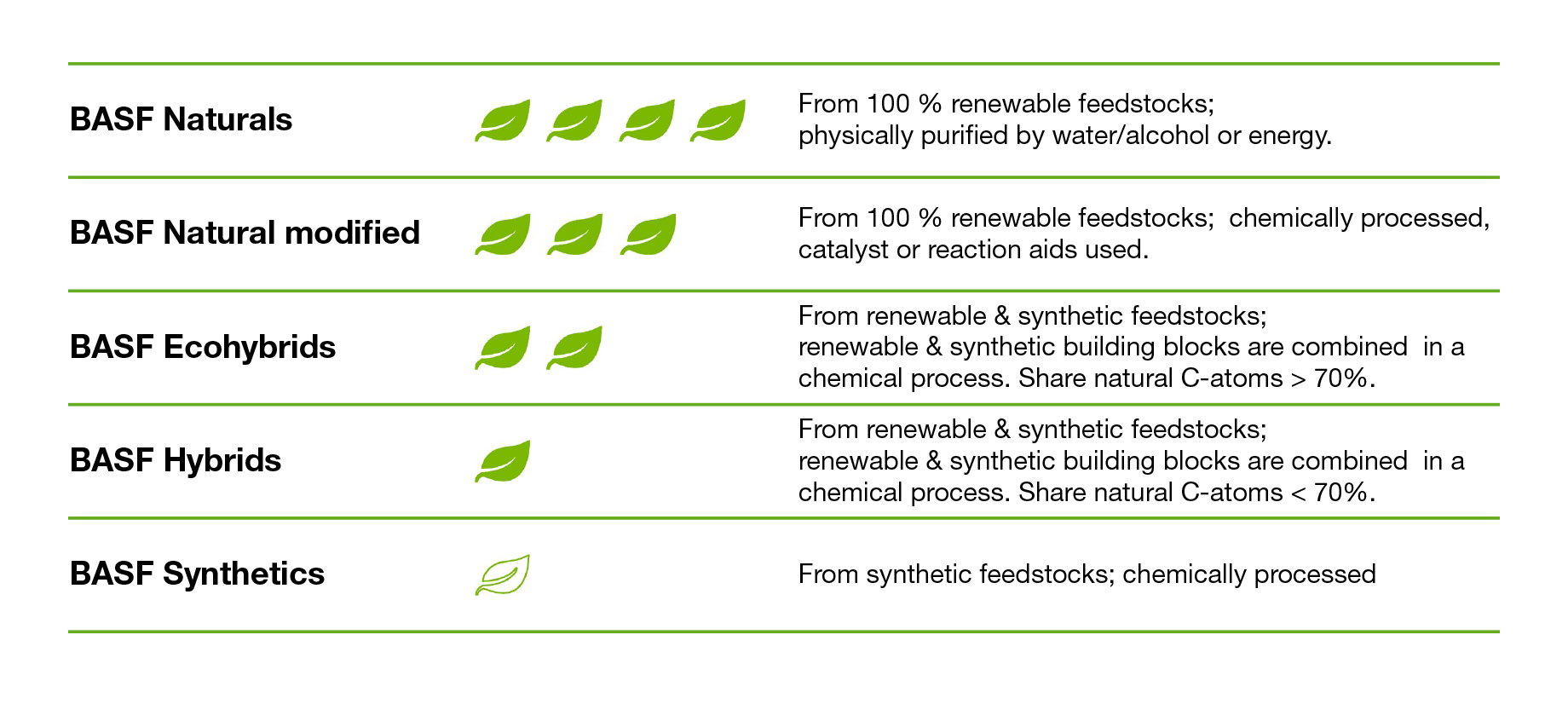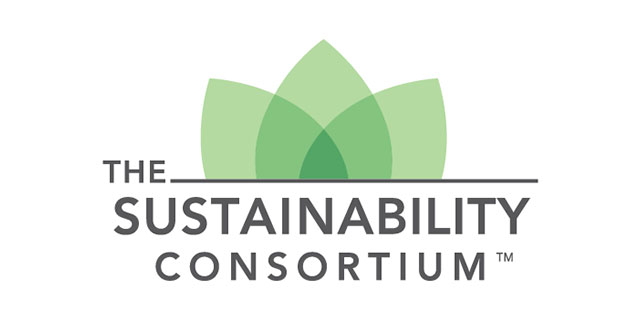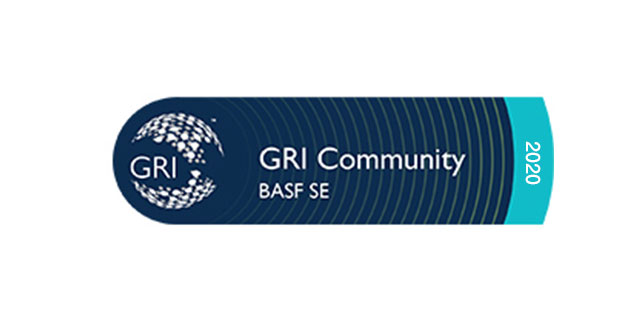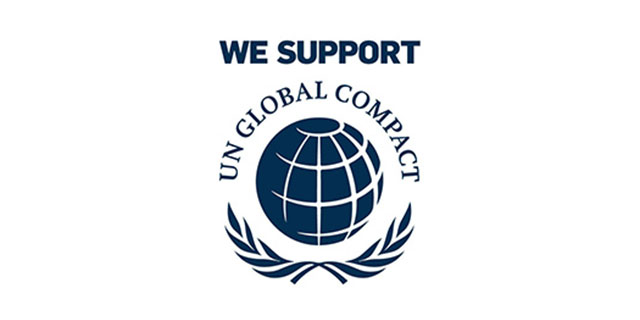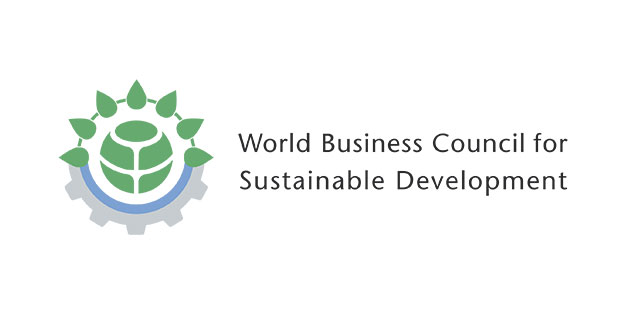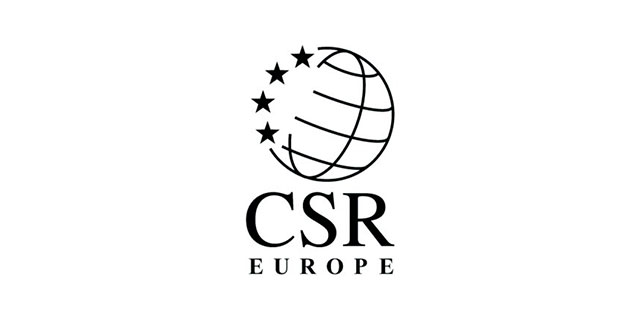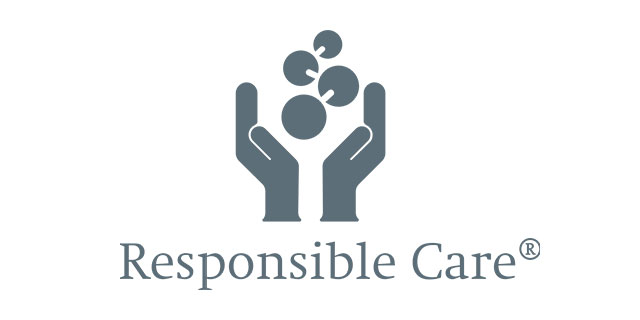
Natural Cosmetic Labels
Independent recognition
It’s one thing to make sustainability claims, but quite another to substantiate. We systematically validate our ingredients or seek third-party assessment of our products’ sustainability values.
Cosmetic manufacturers who want to receive certification of their products according e.g. to the COSMOS or NATRUE Standard will find that BASF offers a large range of ingredients on the market – from basic ones such as surfactants and emollients to skin care additives and actives.
Furthermore, ingredients from the product portfolio of BASF Personal Care are suitable for the production of cosmetics to meet the requirements of the Nordic Ecolabel.
Check our new „Sustainability Product Finder”
ISO 16128 standard & Green leaves
The “Back to Nature” theme has become one of the single most important drivers in international FMCG markets in recent times, particularly in the countries of the developed world, and seems to have resulted from an amalgamation of numerous concerns and interests in modern society.
We in Personal Care also reviewed our complete personal care portfolio according to the ISO standard criteria and calculating rules, providing manufacturers of cosmetic products guidance and information on the degree of natural origin of the ingredients.
The ISO 16128 standard of the International Organization for Standardization (ISO) comprises guidelines on definitions for natural and organic cosmetic ingredients and offers a framework to determine the natural content of ingredients as well as formulations. It is an addition to existing standards, e.g. COSMOS (COSMetic Organic Standard) or NATRUE. A harmonized definition for natural and organic cosmetic ingredients increases transparency for manufacturers and consumers alike.
We offer a large selection of ingredients for manufacturers who want to formulate their products according to the ISO 16128 standard. Our portfolio for natural and organic cosmetics ranges from basic ingredients such as surfactants and emollients to additives and active ingredients.
Leaves index shows degree of a product’s natural origin
We in Personal Care categorize our complete portfolio of cosmetic ingredients with a comprehensible “leaves index”. The number of leaves – one to four – indicates the degree of a product’s natural origin calculated by the share of regenerative carbon atoms in relation to the total share of carbon in the ingredient.
As the calculation method corresponds with one described in the ISO standard, the leaves system also gives an indication for the suitability of an ingredient in a formulation intended to be developed according to the ISO requirements. Based on the ingredient characterization, the natural or natural origin content of a formulation can be determined.
Memberships
Dialogue between different stakeholder groups on local, national and international level is necessary to promote and advance sustainability. Networks are therefore of major importance, they bring together the competences of different players.
We are part of large global networks with holistic approaches to sustainable development, as well as topic-specific networks to address individual challenges. Below is a selection of networks with high importance for us.
Roundtable on Sustainable Palm Oil (RSPO)
BASF is an active member of the multi-stakeholder initiative Roundtable of Sustainable Palm Oil from the very beginning in 2004. A significant share of our products is based on renewable raw materials, of which a substantial ratio is oil palm-based. We are one of the major users of palm kernel oil and its derivatives and to a lesser extent palm oil. We process those products among others into ingredients for personal care applications. BASF offers a very broad range of ingredients based on RSPO-certified sustainable palm kernel oil in accordance with its principles and criteria. Since launching certified ingredients in2012, BASF has been continuously moving toward a comprehensive global product range. In 2018, we have initiated a portfolio shift and offer palm-based specialty ingredients exclusively RSPO-certified.
For more information visit Palm-Dialog (basf.com)
Sustainability Consortium (TSC)
TSC is an independent organization transforming the consumer goods industry to deliver more sustainable consumer products. TSC was founded in 2009 and has over 90 members, including manufacturers, retailers, NGOs, governmental agencies and academia that collaborate to build a scientific foundation that drives innovation to improve consumer product sustainability. BASF was the first chemical company to join in 2010.
Global Reporting Initiative (GRI)
GRI is a multi-stakeholder organization founded in 1997 to develop globally accepted standards for reporting on economic, ecologic and social activities of organizations and companies. BASF reports in accordance with GRI guidelines since 2003. Since 2017 BASF uses the more comprehensive GRI Standards to report impacts and contributions towards sustainable development. As a member of GRI’s Gold Community, BASF is actively engaged in further developing and promoting sustainability reporting standards.
Global Compact
Launched in 2000, the United Nations Global Compact is a call to companies around the world to align their strategies and operations with ten universal principles in the areas of human rights, labor, environment and anti-corruption, and to take action in support of broader UN goals. BASF was one of the founding members.
World Business Council for Sustainable Development (WBCSD)
The WBCSD is a global, CEO-led organization with around 200 member companies. The mission is to accelerate the transition to a sustainable world by enhancing the business case for sustainability, delivering science-based solutions and engaging members on a variety of sustainability issues. BASF is a member since 1999.
CSR Europe
CSR Europe is the leading European business network for corporate social responsibility. The network promotes collaboration and co-creation of opportunities between member companies, societal stakeholders and public authorities and encourages the integration of sustainability into business models. CSR Europe engages with European institutions about policy to drive the global sustainability agenda and systemic change.
econsense
econsense, Forum for Sustainable Development of German Business e.V., is an association of internationally operating companies in German business to actively shape the change to a more sustainable economy and society. econsense proactively addresses sustainability challenges and advocates frameworks and policies that foster sustainable innovation. BASF was one of the forum’s founding members in 2000.
Responsible Care
is the chemical industry’s global initiative to drive continuous improvement and achieve excellence in environmental, health, safety and security performance.

